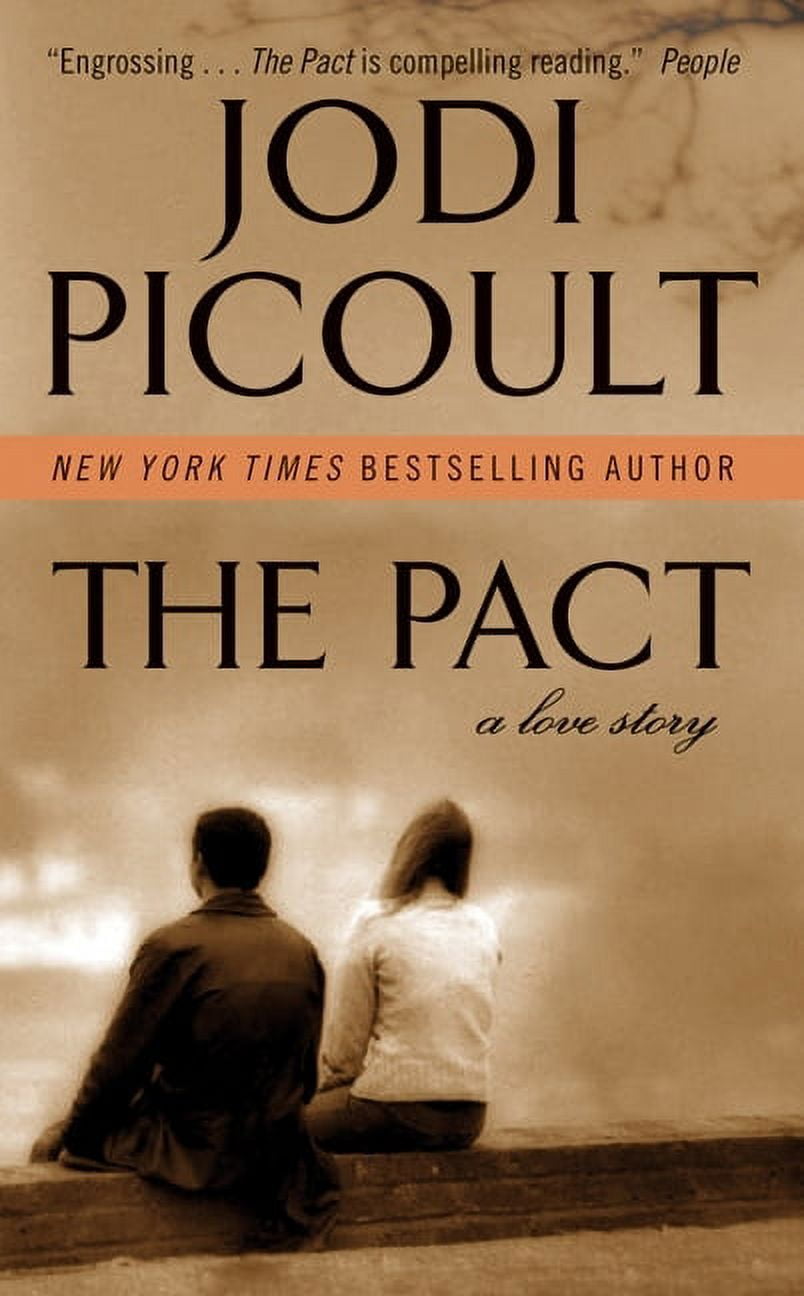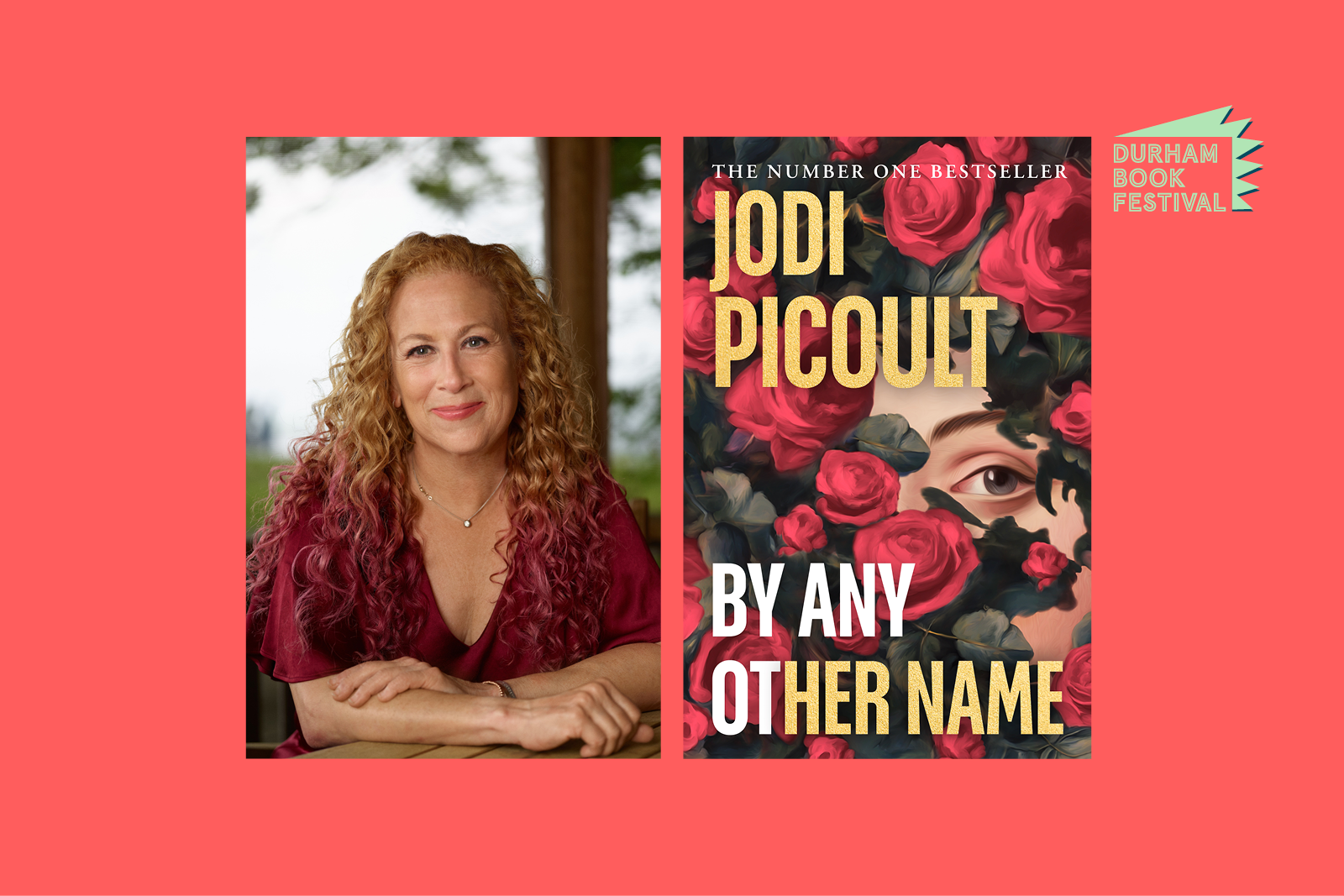Jodi Picoult Books: A Comprehensive Exploration

Jodi Picoult, a name synonymous with compelling narratives and thought-provoking themes, has captivated millions of readers worldwide. Her prolific career, spanning decades, has yielded a vast collection of novels that consistently top bestseller lists and spark passionate discussions. This exploration delves into the world of Jodi Picoult’s books, examining their genres, recurring motifs, cultural impact, and the enduring appeal that has solidified her status as a literary powerhouse.
The Breadth of Jodi Picoult’s Literary Landscape

Jodi Picoult’s bibliography boasts an impressive array of 29 novels, along with two young adult novels co-authored with her daughter, Samantha van Leer. Her books are estimated to have over 40 million copies in print, distributed across 35 countries, a testament to her global reach and enduring popularity. While each novel presents a unique story, several overarching genres and themes weave through Picoult’s work:
Genre Exploration: A Blend of Genres
Picoult expertly blends genres, defying easy categorization. Her novels often fall under the umbrella of literary fiction, distinguished by their sophisticated prose, character-driven plots, and exploration of complex themes. However, elements of other genres frequently appear:

Family Drama: Many of Picoult’s novels center around family relationships, exploring the intricacies of parent-child dynamics, sibling rivalries, and the impact of significant life events on familial bonds. This focus often delves into difficult moral and ethical dilemmas within the family structure.
Legal Thriller: The legal system often plays a pivotal role in her narratives, creating suspenseful plots as characters navigate complex court cases and ethical challenges within the legal profession. The exploration of legal processes and their impact on characters often forms the backbone of the narrative tension.
Medical Fiction: Picoult frequently incorporates medical themes and details, often centered around life-altering illnesses and challenging medical choices. Her meticulous research ensures an authentic and informative depiction of these medical conditions and their impact on individuals and families.
Social Commentary: Her novels engage with pressing social issues, including adoption, euthanasia, abortion, and genetic engineering, prompting conversations and challenging societal norms. Picoult doesn’t shy away from difficult topics, using her writing to bring awareness and encourage dialogue.
Romance: While not the primary focus, romantic relationships often play a significant role in her stories, adding another layer of complexity and conflict to the characters’ lives. These relationships often serve as a counterpoint to the central conflicts and add another dimension to the characters’ emotional journeys.
Young Adult Fiction: Her collaboration with her daughter has resulted in two young adult novels that successfully capture the complexities of adolescence and offer relatable characters to a younger audience. These books continue her exploration of ethical dilemmas and complex relationships, but tailored for a younger readership.
The skillful fusion of these genres creates a unique reading experience that is both captivating and intellectually stimulating, appealing to a broad spectrum of readers.
Recurring Themes: Exploring the Human Condition
Beyond genre, several recurring themes emerge in Picoult’s extensive body of work, reflecting her ongoing fascination with the human condition:
The Weight of Choice: Moral Dilemmas and Their Consequences
Choice, its ramifications, and the moral ambiguities it presents form a central theme in almost every Picoult novel. Her characters frequently face difficult decisions with significant repercussions, forcing them to confront their values and beliefs. These choices are rarely black and white, often presenting the reader with morally grey areas to ponder.
Family Dynamics: The Bonds that Bind and Break
Family relationships are a recurring motif, explored with both tenderness and unflinching honesty. Picoult portrays families navigating loss, conflict, and betrayal, revealing the complex bonds that both unite and strain familial connections. The exploration of family dynamics, at times fraught with intense emotion, forms the emotional core of many of her stories.

The Search for Identity: Finding One’s Place in the World
The quest for identity, both personal and societal, resonates strongly in Picoult’s narratives. Characters often grapple with self-discovery, exploring questions of belonging, self-worth, and their place within their communities and the broader world. This theme often intertwines with other central conflicts, enhancing the complexity of the characters’ journeys.
Medical Ethics and Societal Issues: Challenging the Status Quo
Picoult skillfully intertwines medical advancements and societal issues, prompting reflection on the ethical implications of these advancements. She often forces the reader to confront uncomfortable truths and consider differing perspectives on complex moral dilemmas. The intersection of science and ethics is explored with careful consideration and factual accuracy.
Jodi Picoult: The Author
Understanding Jodi Picoult’s writing style, inspirations, and personal background offers valuable insight into the creation of her captivating novels. Her meticulous research is evident in the accuracy and depth of her depictions of various settings, medical conditions, and legal proceedings. This commitment to authenticity enhances the believability of her narratives and allows the reader to immerse themselves fully in the world she creates.
Her writing style is characterized by its accessibility despite the complexity of the issues it addresses. Picoult’s prose is clear, engaging, and relatable, drawing readers in and keeping them captivated from beginning to end. The skillful use of multiple perspectives adds another dimension to the stories, giving the reader insight into various characters’ thoughts and feelings.
The inspirations behind her novels are drawn from various sources, including personal experiences, current events, and extensive research. Often, she tackles subjects that are controversial or rarely discussed, bringing them to the forefront of public discourse through her compelling narratives. Her willingness to address difficult and often sensitive subjects sets her apart and contributes to the enduring relevance of her work.
Reading and Learning: The Educational Value of Jodi Picoult’s Novels
Picoult’s novels aren’t simply entertaining; they offer significant educational value and life lessons. Each book provides a window into different aspects of life, introducing readers to unfamiliar concepts and prompting them to examine their own beliefs and values. The meticulous research that informs her writing enhances this educational aspect, providing factual depth and context to the complex issues addressed.
The life lessons embedded in her narratives are profound and varied, depending on the specific novel. However, common threads include:
The Importance of Empathy: Picoult’s novels frequently demonstrate the power of understanding and compassion, even in the face of conflict and difficult choices. The characters’ struggles often serve as a reminder of the importance of human connection and the need to approach difficult situations with empathy.
The Complexity of Morality: The exploration of morally ambiguous situations challenges the reader to consider multiple perspectives and avoid simplistic judgments. Picoult’s characters often make choices that defy easy classification as “right” or “wrong,” forcing the reader to engage with the complexities of ethical dilemmas.
The Resilience of the Human Spirit: Even in the darkest circumstances, Picoult’s characters show remarkable resilience, demonstrating the strength and capacity of human beings to endure and overcome hardship. This portrayal of resilience provides hope and inspiration to readers, reminding them of their own inner strength.
Cultural Impact: Awards, Adaptations, and Communities
Jodi Picoult’s work has made a significant cultural impact, evident in several key areas:
Literary Influence and Awards:
Picoult’s novels have garnered numerous awards and accolades, reflecting the high literary quality of her work and the impact it has had on the literary landscape. Her consistent presence on bestseller lists confirms her influence and widespread popularity. The impact of her writing extends beyond commercial success, with several of her novels becoming subjects of study and discussion in academic settings.
Adaptations: Bringing Stories to the Screen
Several of Picoult’s novels have been adapted into films and stage productions, further extending their reach and impact on a wider audience. These adaptations often bring additional attention to the complex themes and discussions presented in the original novels, introducing the stories to those who may not have otherwise encountered them.
Communities and Book Clubs:
Picoult’s novels are frequently featured in book clubs, sparking lively discussions and fostering a sense of community among readers. The complexity of the themes she explores often leads to in-depth conversations and diverse interpretations of her narratives. This community aspect adds another layer to the enduring appeal of her work, solidifying her novels as engaging vehicles for communal learning and dialogue.
In conclusion, Jodi Picoult’s extensive body of work represents a significant contribution to contemporary literature. Her ability to seamlessly blend genres, explore complex themes, and provoke meaningful discussions has established her as a leading voice in literary fiction. The enduring popularity of her novels, their cultural impact, and their lasting resonance with readers attest to the timeless appeal and substantial value of Jodi Picoult’s literary contributions.